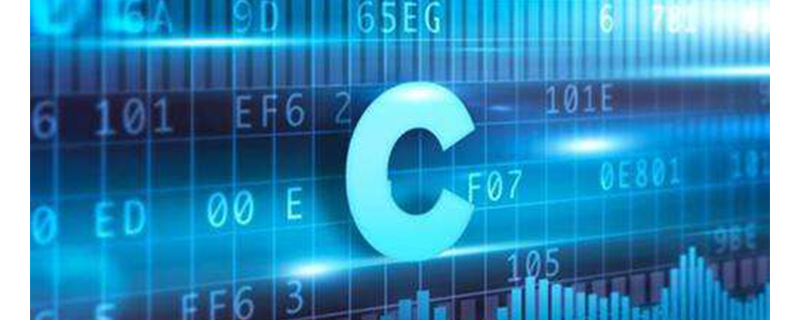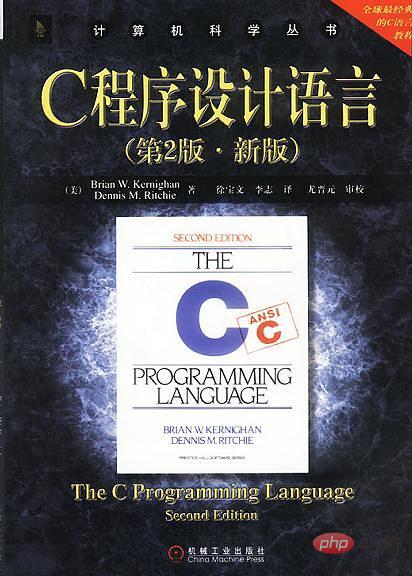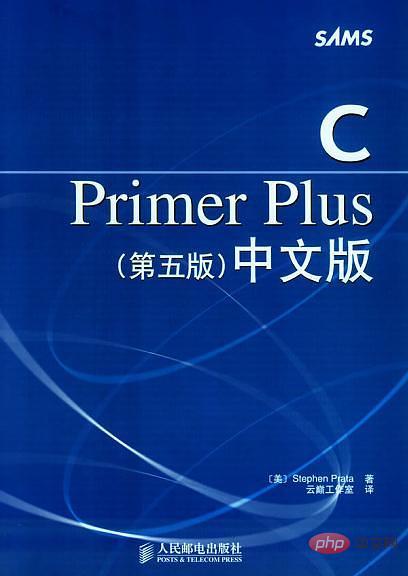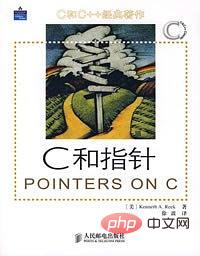Home >Backend Development >C#.Net Tutorial >Recommended self-study books for introductory C language
Recommended self-study books for introductory C language
- 不言Original
- 2019-04-15 13:37:1016355browse
Many friends who want to learn C language may want to start with introductory books. This article will recommend some classic books for self-study of C language.

1. "C Programming Language"

Original work of this book That is Dennis M. Ritchie, one of the designers of C language, and Brian, a famous computer scientist An authoritative classic book on the C language co-authored by W.Kernighan. The large number of textbooks and monographs that discuss C language programming that we see now are based on this book. The C language introduced in the first edition of the original book became the basis for the later widely used version of the C language, Standard C. The well-known "hello, World" program was first introduced in this book. Now, this program has become the first lesson in many programming languages.
2. "C Primer Plus (5th Edition) (Chinese version)"

《C Primer Plus (5th edition) (Chinese version)" has 17 chapters in total. Chapters 1 and 2 cover the preparatory knowledge required for learning C language programming. Chapters 3 to 15 introduce the relevant knowledge of C language, including data types, formatted input and output, operators, expressions, flow control statements, functions, arrays and pointers, string operations, memory management, bit operations, etc. The knowledge content is all aimed at the C99 standard; in addition, Chapter 10 strengthens the discussion of pointers, and Chapter 12 introduces the concept of dynamic memory allocation, which is more suitable for readers' needs. Chapters 16 and 17 discuss the C preprocessor and C library functions, and advanced data representation (data structures). The appendix provides answers to review questions, programming exercises and rich C programming reference materials at the end of each chapter.
3. "C and Pointers"

This book provides comprehensive resources and in-depth discussions related to C language programming. This book helps programmers integrate the powerful functions of pointers into their own programs by discussing the basic knowledge and advanced features of pointers.
The book has 18 chapters in total, covering almost all important C programming topics such as data, statements, operators and expressions, pointers, functions, arrays, strings, structures and unions. The book gives a lot of programming skills and tips. There are highly targeted exercises at the end of each chapter, and the appendix gives answers to some exercises.
This book is suitable for C language beginners and junior C programmers. It can also be used as a reference for computer major students to learn C language.
The three recommended books above can be used as self-study books for getting started with C language.
The above is the detailed content of Recommended self-study books for introductory C language. For more information, please follow other related articles on the PHP Chinese website!

